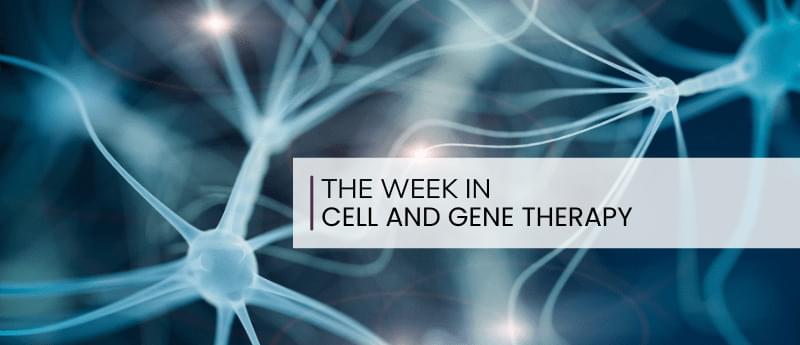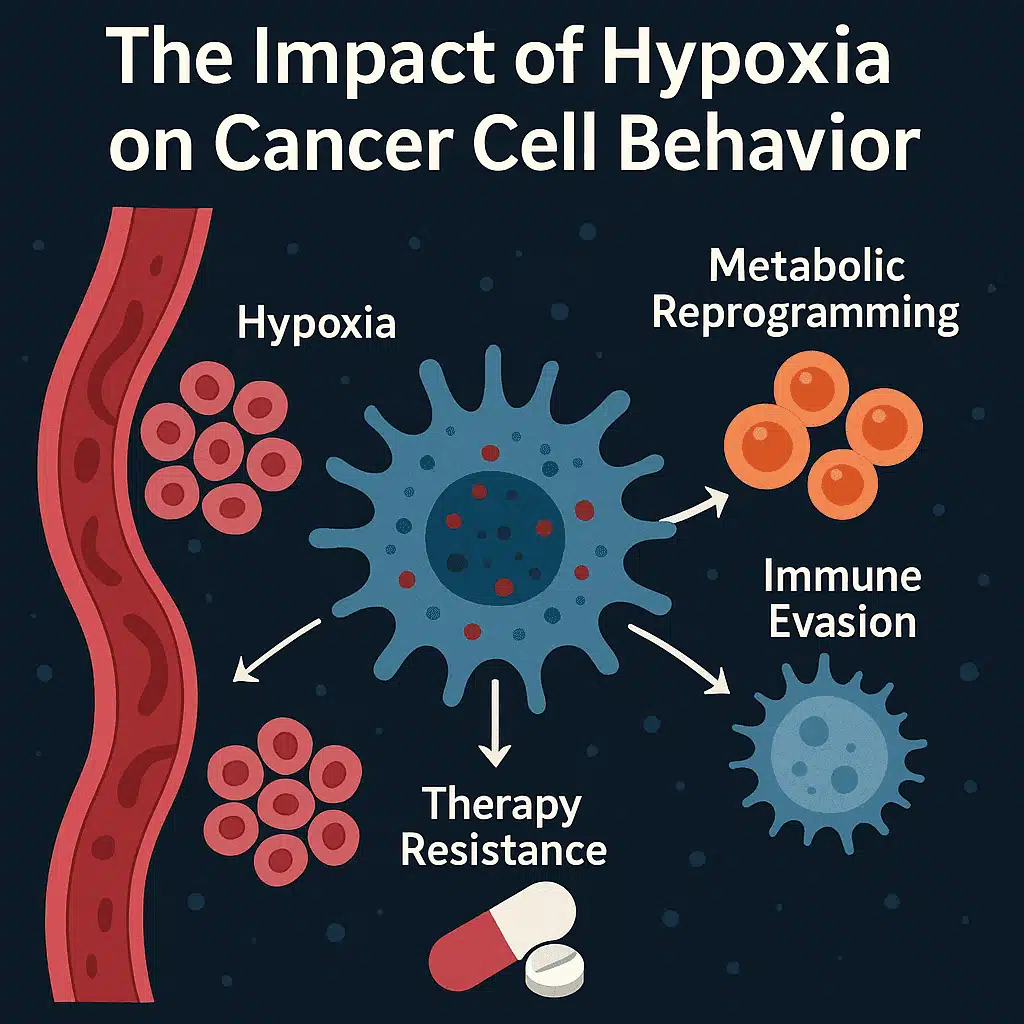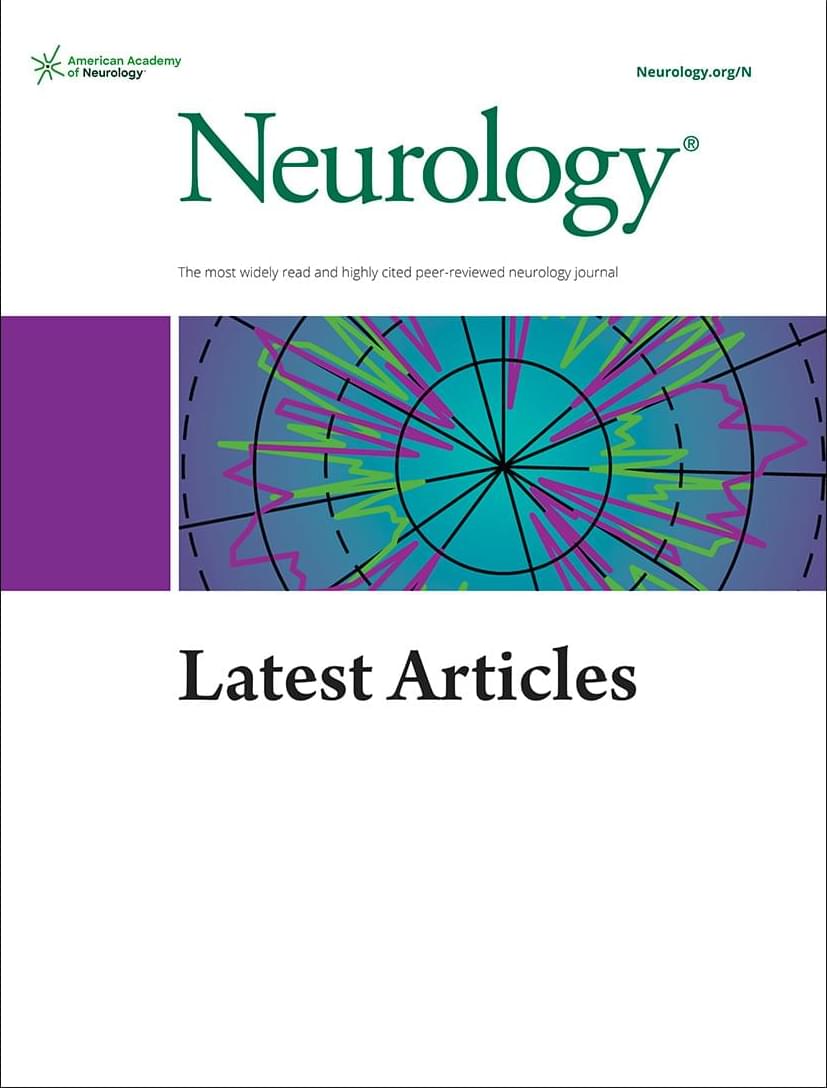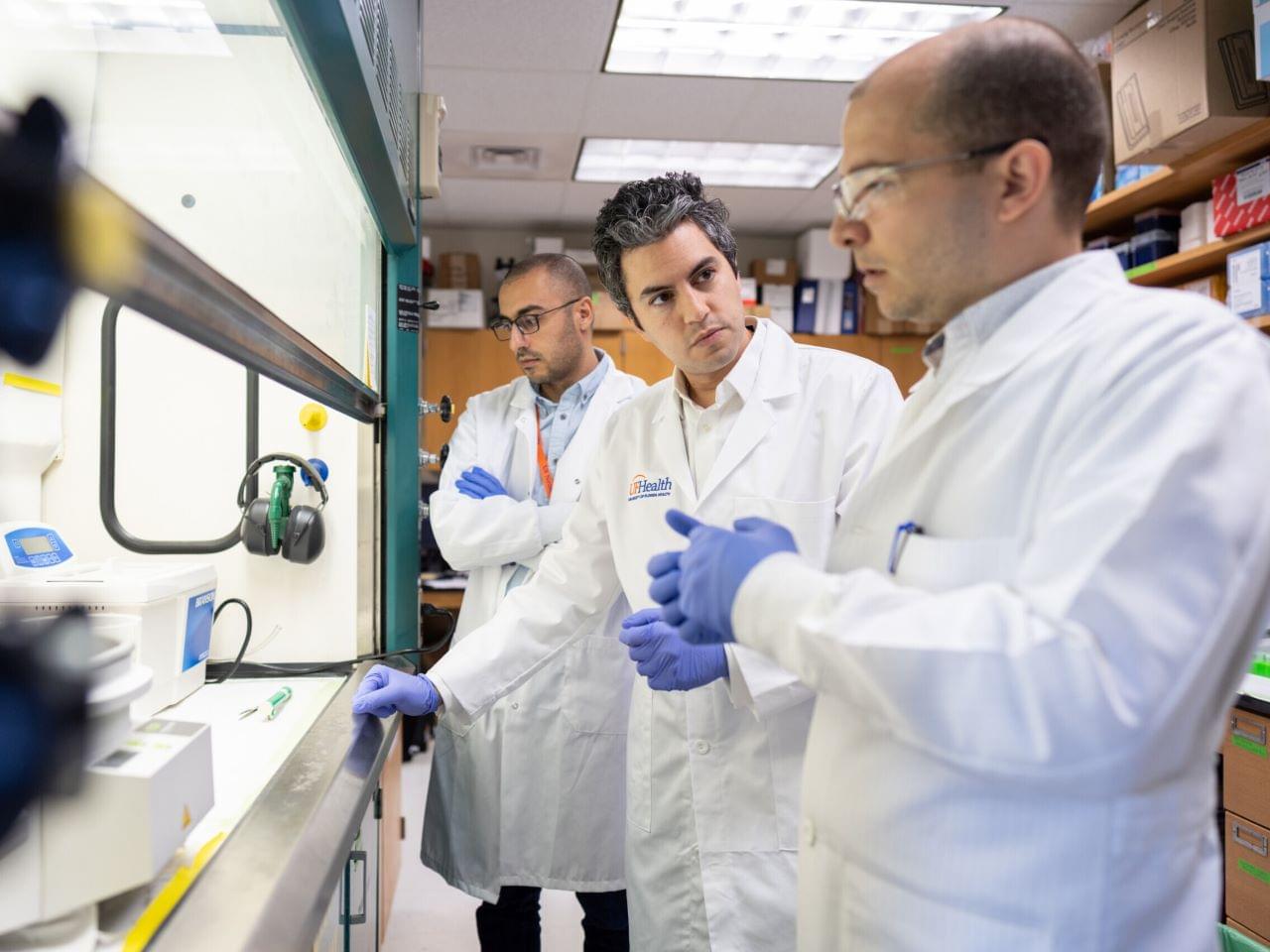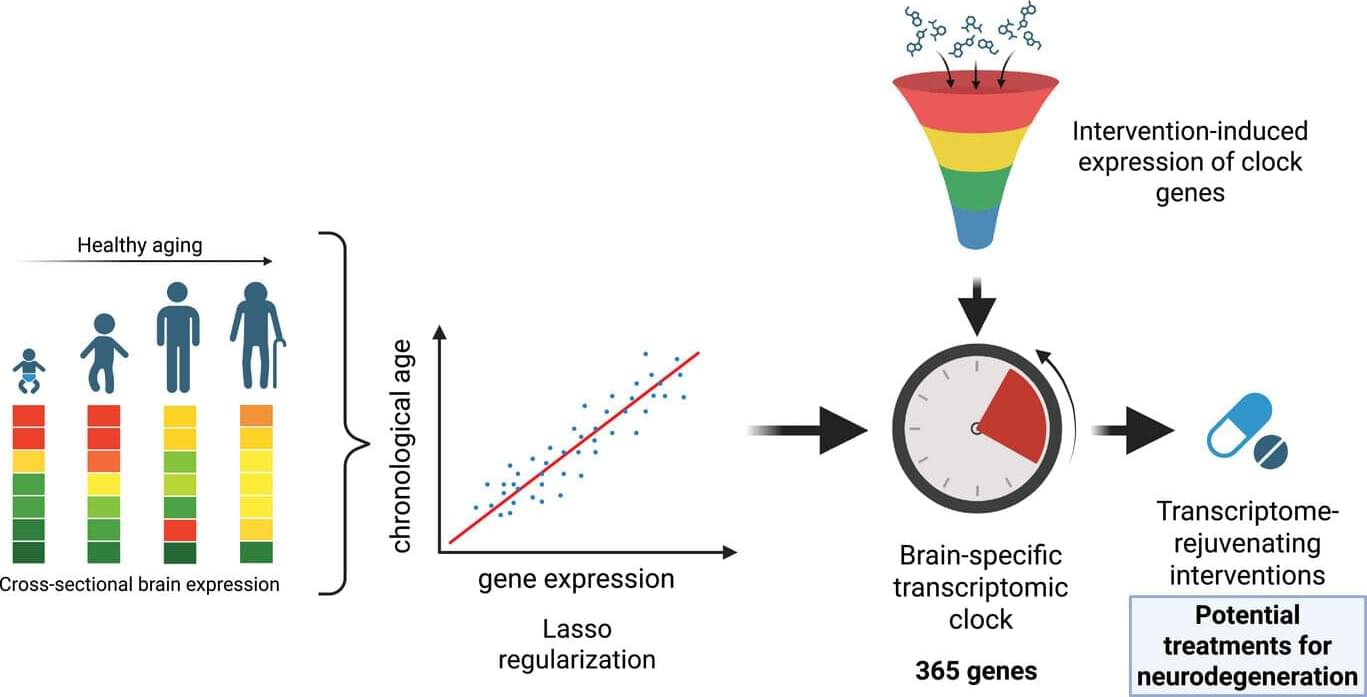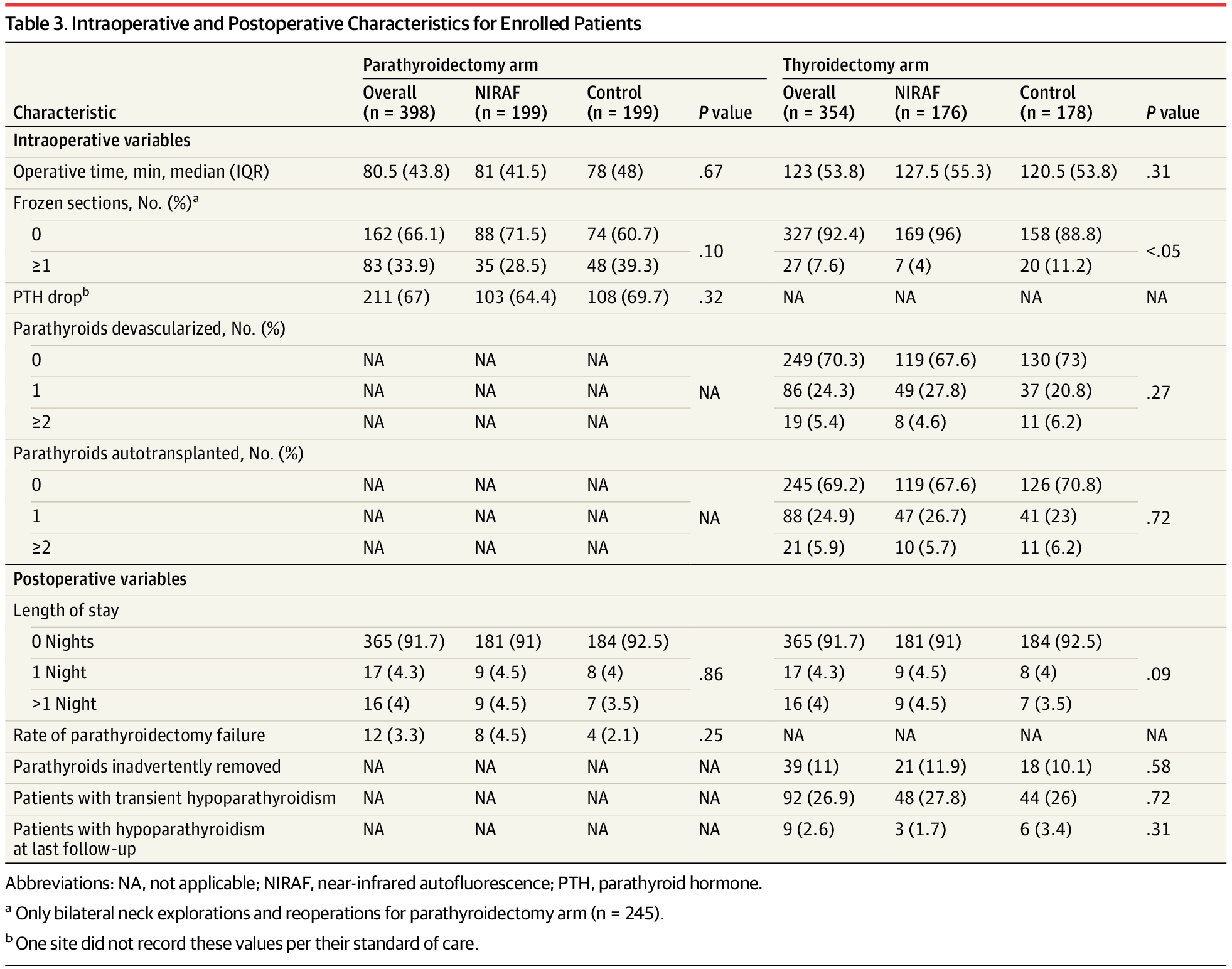This week: The US Food and Drug Administration (FDA; MD, USA) has granted a special exemption for an iPSC-derived cell therapy targeting Parkinson’s disease, along with Breakthrough Therapy designations for a CAR-T therapy for a pediatric brain tumor and a gene therapy for Huntington’s disease.
The FDA has granted XellSmart Biopharmaceutical (Suzhou, China) a special exemption to support a clinical trial of XS-411 Injection, the company’s allogeneic, off-the-shelf iPSC-derived dopaminergic neural progenitor cell therapy for Parkinson’s disease. This follows an Investigational New Drug submission in January 2025. In parallel, China’s National Medical Products Administration has approved XS-411 to enter Phase I clinical trials.
Additionally, the FDA has cleared XellSmart’s XS228, an allogeneic, off-the-shelf, clinical-grade iPSC-derived cell therapy for amyotrophic lateral sclerosis (ALS), to begin Phase I trials, marking it as the first-in-class regenerative neural cell therapy for the disease.
The FDA has granted a special exemption for a cell therapy and Breakthrough Therapy designations for a CAR-T therapy and a gene therapy.
